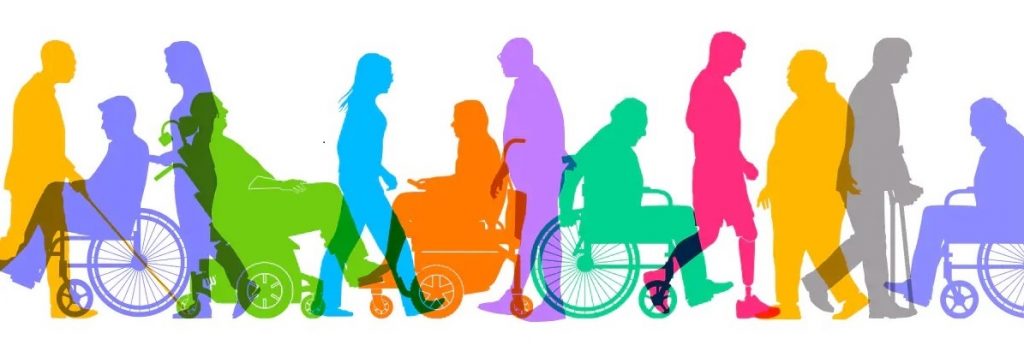
The CAFÉ TA Center invites you to join a conversation that will explore the intersection of psychiatric disabilities and intellectual or developmental disabilities, including common experiences and priorities, and ways to develop a shared vision of person-centered systems of care.
This conversation began with a webinar that was hosted on March 30. View the recording here!
The webinar, Exploring an Important Intersection within The Systems of Care: Intellectual and Developmental Disabilities and Mental Health Disabilities, was hosted by Chioma Oruh, Ph.D., founder and principal consultant of Chi Bornfree. Dr. Oruh is a mental health disability self-advocate and advocates for family-centered and person-centered care within the systems of care, especially those navigating the education, healthcare, and mental health systems.
It examined:
- social and historical roots of intersectional experiences for people psychiatric disabilities and intellectual or developmental disabilities;
- challenges related to systems integrating a person-centered model of care; and
- how understanding your environment and identifying stakeholders can help you build your community
The Community of Practice, which will meet bi-weekly starting Wednesday, April 6th, through Wednesday, May 4th, will give attendees a way to problem-solve together and reflect on real-life leadership challenges, relevant topics, and shared interests by coming into a non-traditional learning space to exchange experiences, ideas, tools and resources.
Join the Community of Practice at https://us06web.zoom.us/j/81938577975
Apr 6, 2022 02:00 PM (recording here)
Apr 20, 2022 02:00 PM (recording here)
May 4, 2022 02:00 PM (recording here)
Certificates of attendance will be available upon request.
We hope you join us in this exploration of the intersection between the intellectual or developmental disabilities and mental health systems of care, the history of ableism within both care systems, and challenges and solutions for those that have co-occurring conditions in need of dual working and intersectional services. There is so much that links the mental health and disability communities, and so much to be gained from working together!
